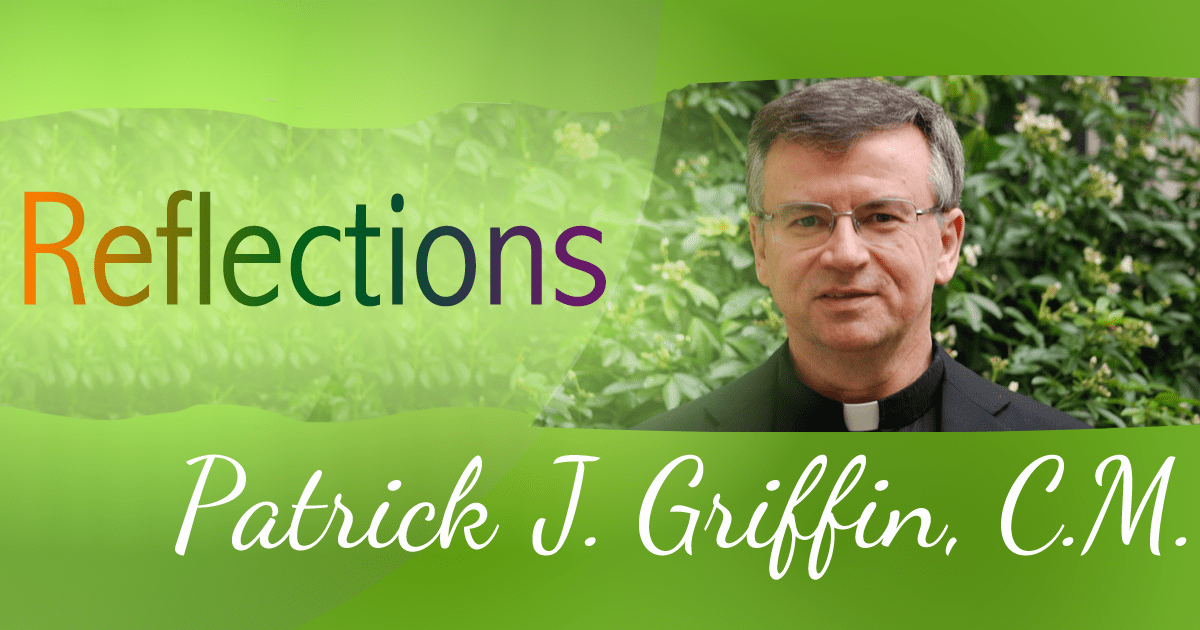The liturgical celebrations of this past Independence Day weekend have challenged me. Each day drew my reflections in a parallel but different path. All of them demanded a consideration of the current situation in our country.
On Sunday, we heard the Gospel in which Jesus invites his afflicted brothers and sisters to draw near to him. Listen again:
“Come to me, all you who labor and are burdened,
and I will give you rest.
Take my yoke upon you and learn from me,
for I am meek and humble of heart;
and you will find rest for yourselves.
For my yoke is easy, and my burden light.”
Any attention to the news makes the burden of so many people clear. We know in particular how the coronavirus has brought worry and illness into the families of those least prepared for its effects. These people are often the ones to whom we turn for essential service to support our basic needs. It requires little imagination to recognize the hardship that they bear as augmented by the racial actions and attitudes that abuse them as people.
On Saturday, Independence Day, we recognized and gave thanks for the blessings of freedom and constitutional rights that describe our heritage. Yet, not everyone shares equally in these gifts. Some people continue to feel the burden of citizens without equal access to benefits such as freedom of movement, medical care, appropriate housing, and fare wages. They continue to feel the effects of the diseases that afflict not simply our bodies but also our national soul. For them, the claim to independence and equal rights remains elusive and foreign.
Finally, Friday offered the Feast of St. Thomas. In the Gospel of the day, the apostle famously speaks regarding the presence of the crucified Lord:
“Unless I see the mark of the nails in his hands and put my finger into the nailmarks and put my hand into his side, I will not believe.”
When the living Lord appears, he offers Thomas just such an opportunity. The story of Thomas fascinates me. I think that its purpose lies less in recalling Thomas’ unbelief, and more in emphasizing the physical presence of the resurrected Lord. The story reminds us that Jesus remains among us in a manner that allows us to see and touch him. And, he invites us to do so. We experience this closeness in the Eucharist, but also in the human family that reveals the Body of Christ. Seeing, hearing and touching our Lord happens in the way that we serve one another. The separations of the current moment call us to this awareness and effort.
Each reflection of this weekend drew me back to our reality. The liturgy and the news challenged one another. Thomas’ lesson remains one for me as well; the freedom that I enjoy belongs to all citizens (and others); my efforts can lessen the yoke that people manage daily. The lessons of our faith continue to echo in our world. Our prayer finds expression in our everyday life.








Thanks, Fr. Pat for the sharing of the word. I am touched by these words in your reflection: “The story [of the doubting Thomas] reminds us that Jesus remains among us in a manner that allows us to see and touch him. And, he invites us to do so.” In this week, I am going to seek ways and opportunities to see and touch Jesus in those to whom I can be of any help.